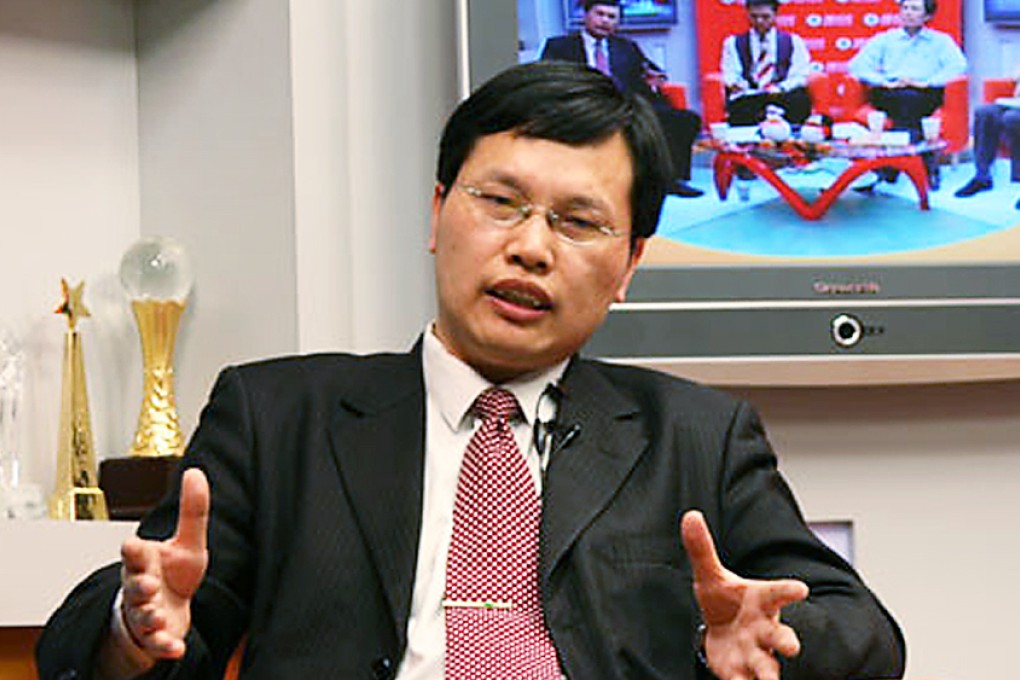New | China’s graft watchdog warns cadres against abusing anti-corruption campaign
The order for officials to seek nod from higher authorities before any crackdown is meant to standardise action across the country, says analyst

China’s top graft watchdog on Monday warned that stricter disciplinary measures must be enforced to prevent cases of abuse in which local cadres carry out anti-corruption operations without higher authorities’ permission.
The Central Commission for Discipline Inspection also said a “lapse in ideology” had become a “serious disease”. Cadres abandoning communist ideology and turning to religion was a problem for the party, it said.
A front-page article in the watchdog’s newspaper on Monday said hedonism and extravagance were still rife among party cadres despite the ongoing corruption crackdown. It warned that the way in which these traits were manifested had gone “underground” and become more sophisticated of late.
During anti-graft operations, local disciplinary commissions often have their own way and they take action to attack their political rivals
“Many cadres show no sign of stopping … This shows that corruption has still not been brought under control,” the article said, adding that rampant corruption had seriously damaged the relationship between the party and the people.
All cadres must respect the party’s leadership and follow internal procedures, reporting cases under investigation to the higher authorities, the article said. Formal permission must be obtained before action can be taken, it stressed.
“Cases must not be presented only when they have become fait accompli,” the article said. “During the investigation of disciplinary matters, not only the results should be reported, but the procedures [as well].”
Beijing University of Technology economist Hu Xingdou said the CCDI wanted to deal with the abuse of authority by holding local cadres accountable and ensuring its orders were carried out uniformly across the provinces.
“During anti-graft operations, local disciplinary commissions often have their own way and they take action to attack their political rivals,” Hu said, adding that the party wanted its rules regarding who to target and what action to take, to be standardised across the country.